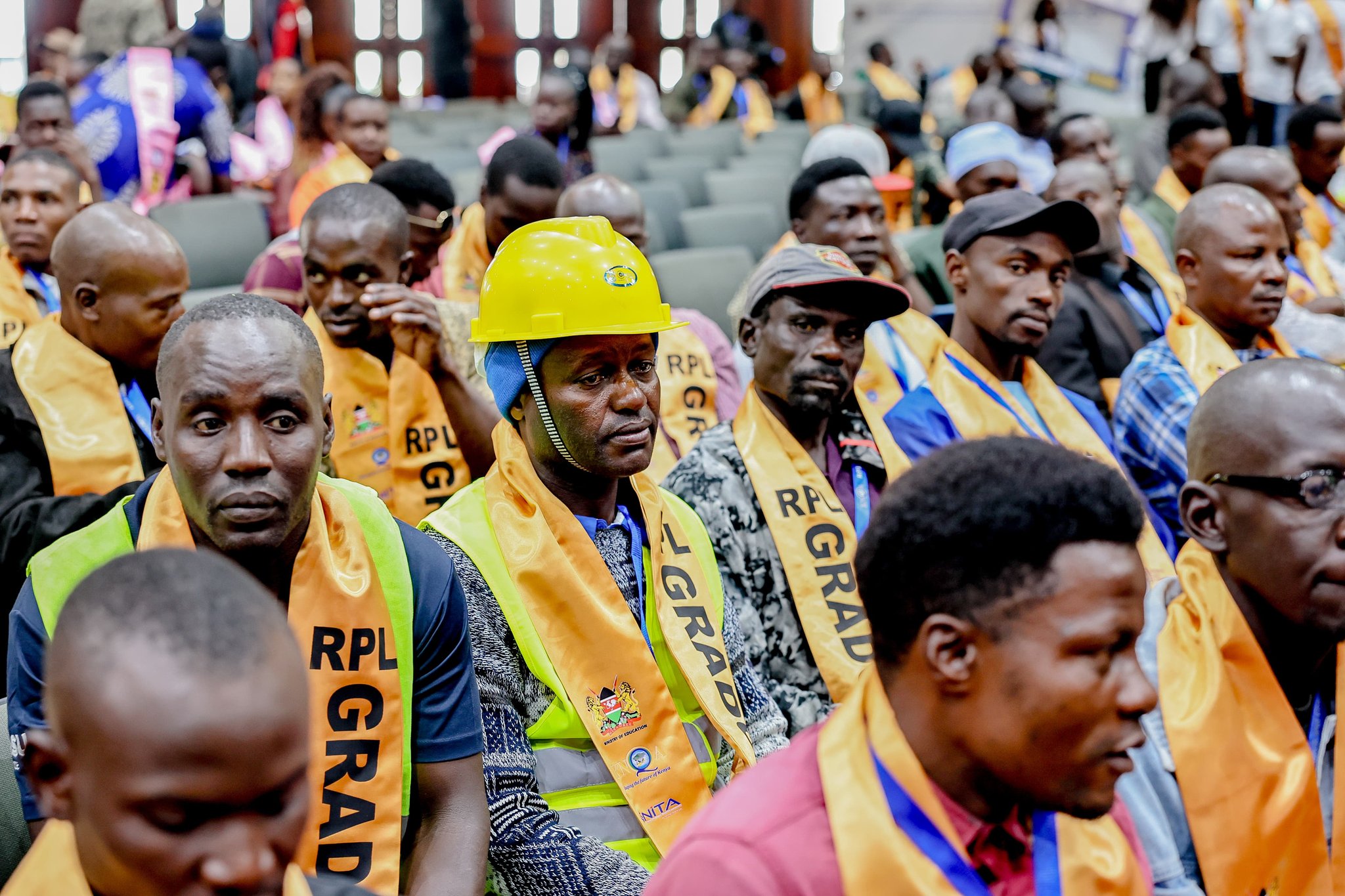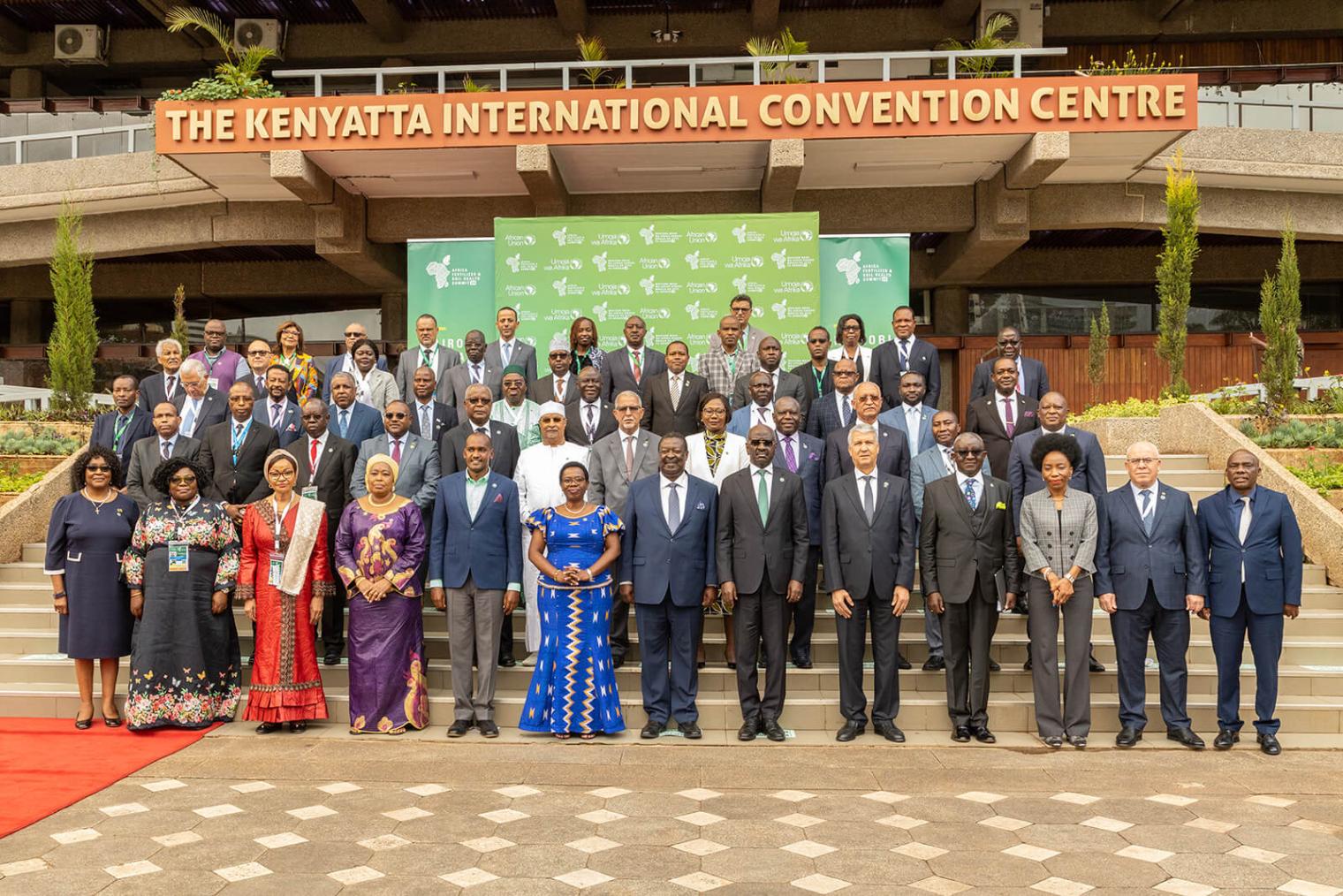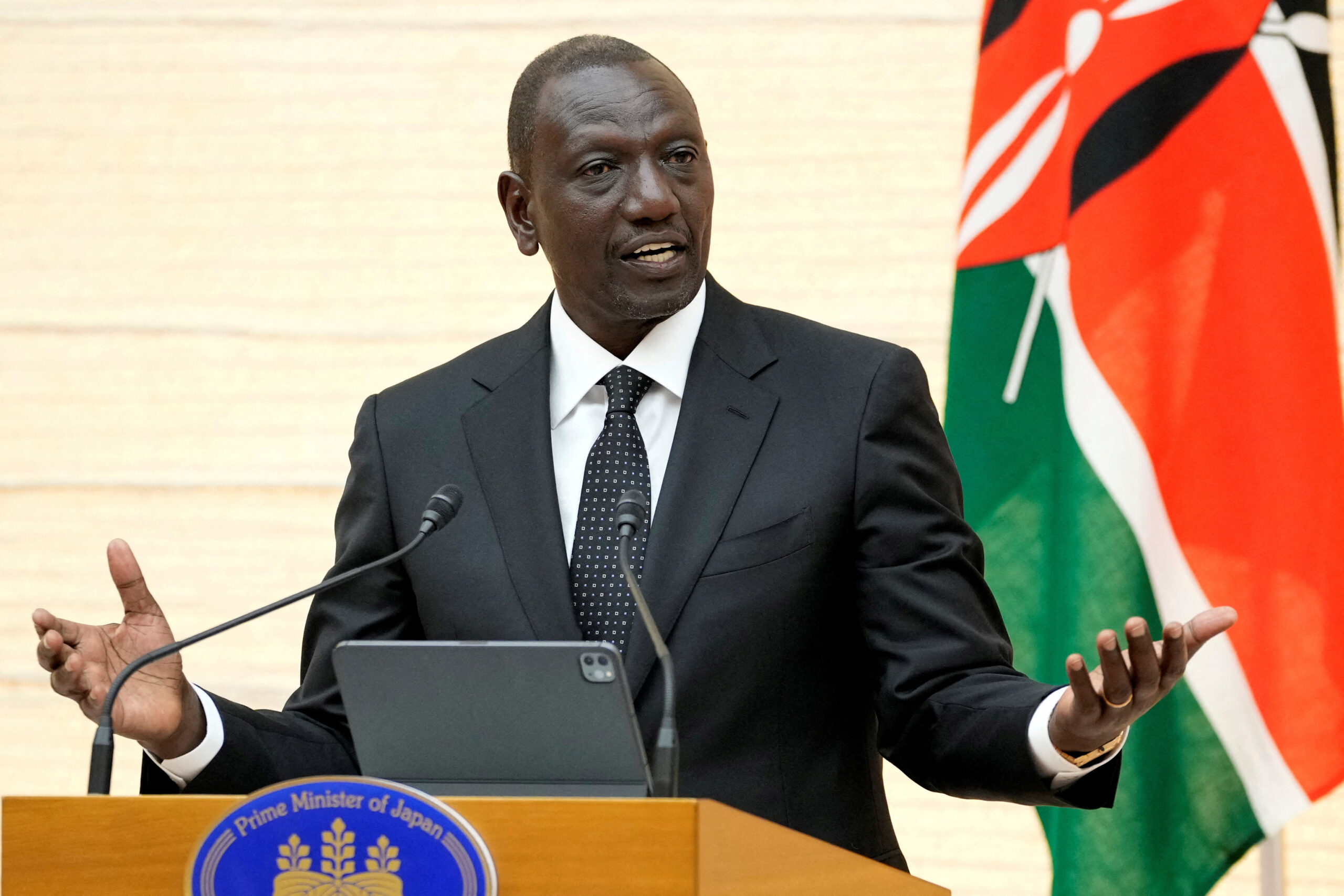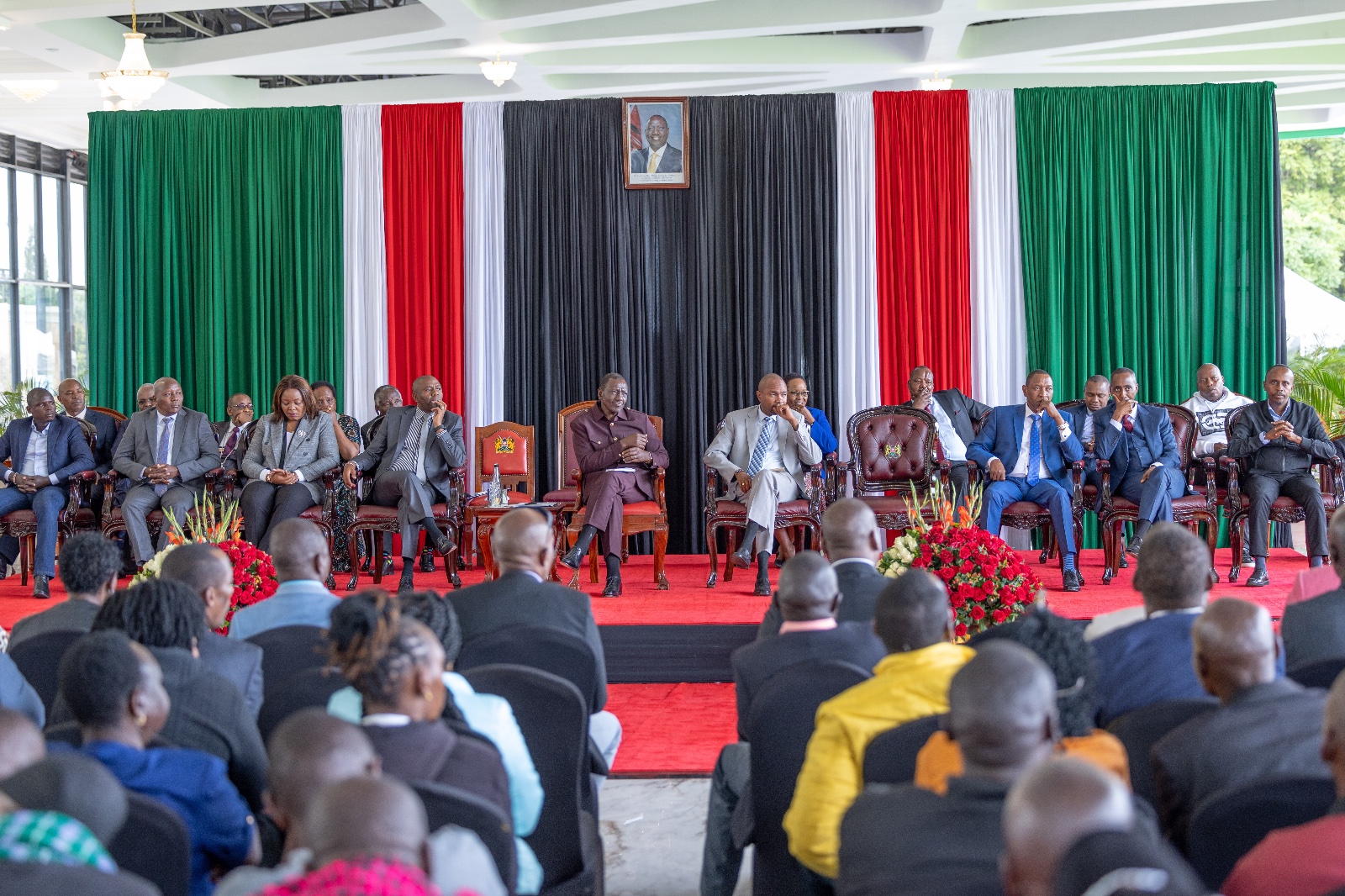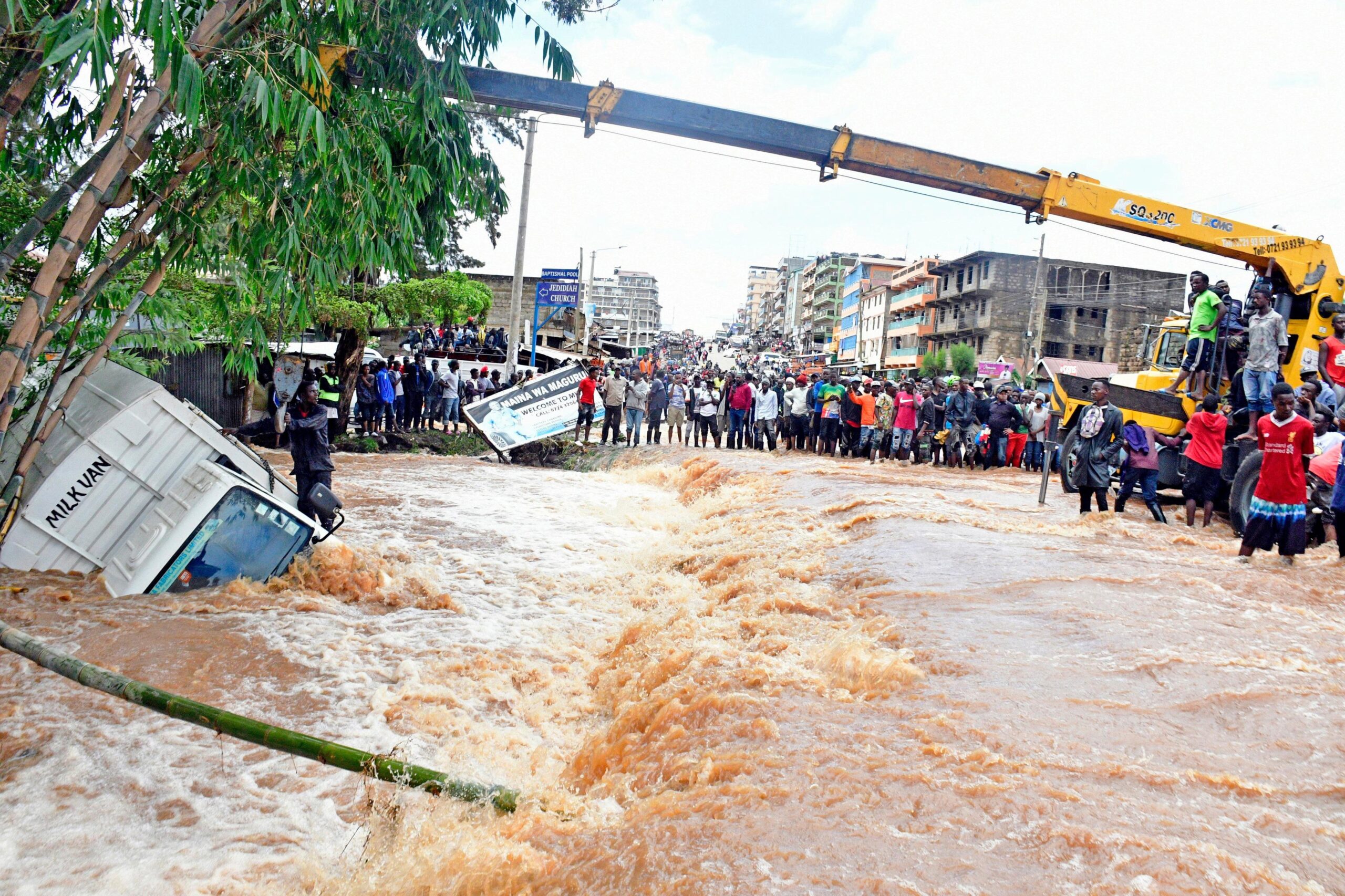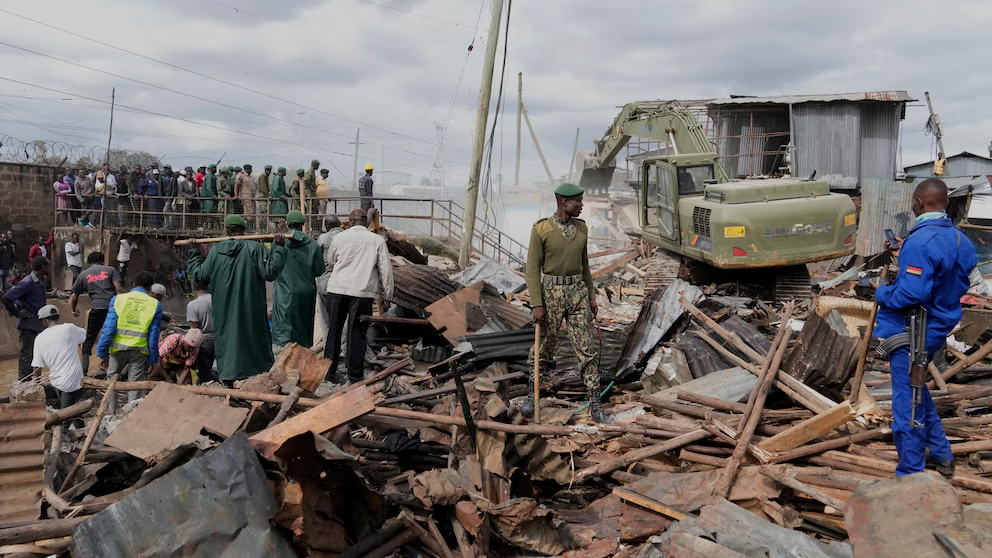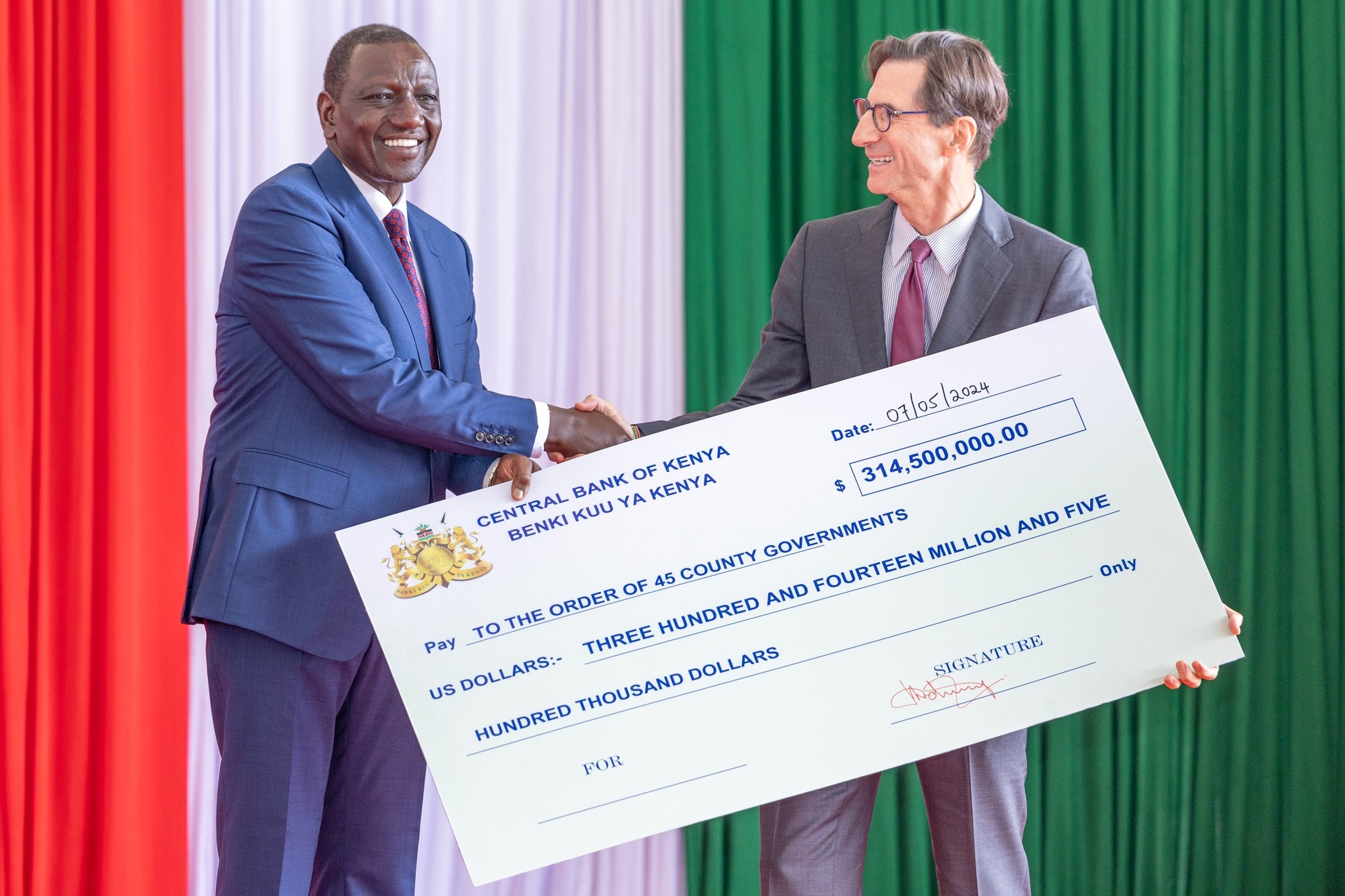Following yesterdays heated exchange between Raila Odinga and Cotu Boss Francis Atwoli in a funeral in Vihiga County, questions have emerged regarding Raila Odinga’s role in the Mumias Sugar situation. This has led to speculation about whose interests Odinga genuinely represents in the complex landscape of the sugar industry. President William Ruto’s commitment to addressing the cartels hindering Mumias Sugar’s revival during his Western Kenya development tour had ignited optimism in a region long impacted by the factory’s closure.
Mumias Sugar, once a lifeline for the people of Kakamega County and the entire Western Kenya region, had crumbled, with farmers bearing the brunt of its demise. The puzzling paradox of seeing Mumias Sugar products on supermarket shelves while the factory itself lay dormant was a painful reality for those who depended on it. Rumors swirled that the sugarcane supplied by farmers was diverted to molasses production, further deepening the crisis. Adding to the intrigue, there were allegations that an elusive investor, Jaswant Rai, imported sugar, repackaged it with Mumias branding, and sold it in our supermarkets while local farmers languished.
One name that has emerged in connection with the molasses business is Raila Odinga, who is known to own one of the largest molasses companies in Kenya. Persistent whispers also suggest a business partnership between Raila Odinga and Jaswant Rai in this enterprise. The question that naturally arises is whether these alleged interests are influencing Raila Odinga’s defence of Jaswant Rai in the Mumias Sugar scandal.
Raila Odinga has a long history of garnering support from Western Kenya, finds himself under scrutiny as he seemingly defends a cartel accused of perpetuating the downfall of Mumias Sugar and the suffering of local farmers. This has left many supporters in Western Kenya disheartened, feeling betrayed by a leader who had presented himself as their champion.
The crucial issue at hand is whether Raila Odinga’s involvement in the molasses business has clouded his judgment, preventing him from standing firmly with the farmers of Kakamega and Western Kenya who are grappling with the ramifications of Mumias Sugar’s collapse. It’s a stark contrast to the image he has cultivated as a defender of the people’s interests throughout his political career.
In this complex and evolving saga, Raila Odinga faces a critical choice. He must decide whether to stand with the farmers and the people of Kakamega, who have supported him through thick and thin, or to maintain ties with questionable business interests. Western Kenya awaits his decision. The fate of Mumias Sugar, a once-thriving symbol of economic prosperity, hangs in the balance, and with it, the livelihoods of countless Kenyan farmers.


